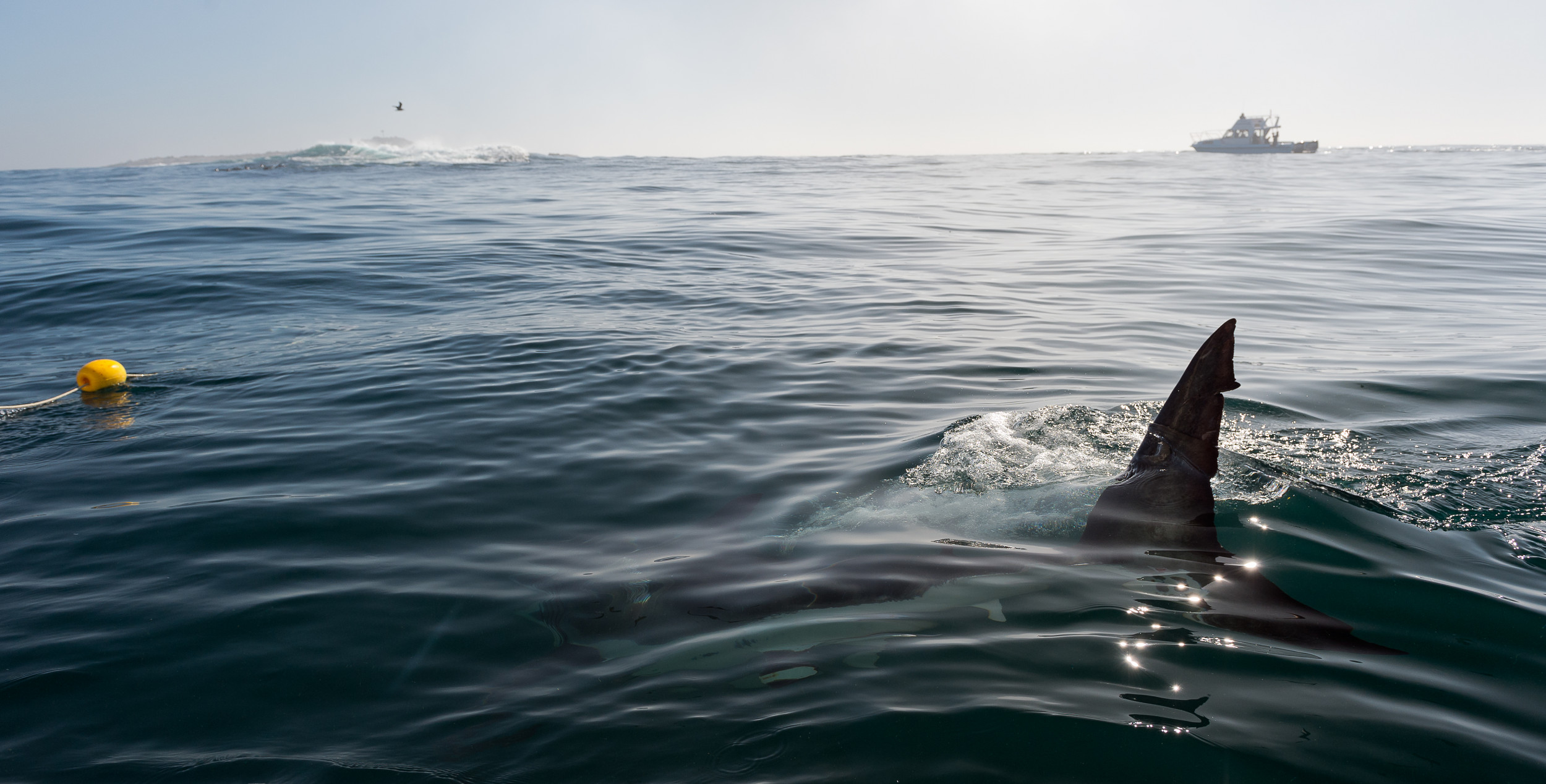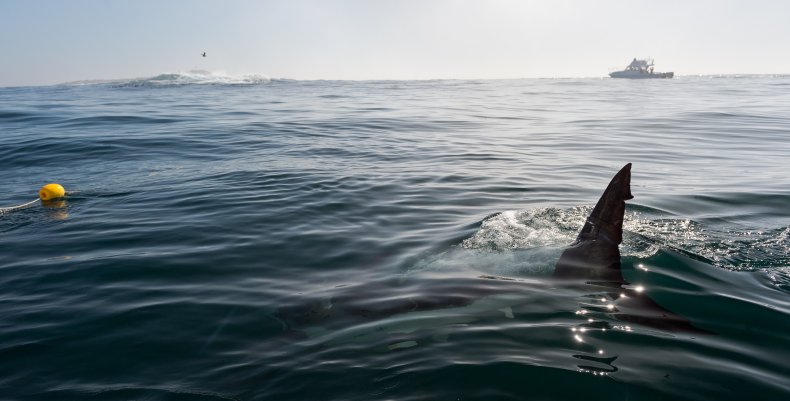
[ad_1]
A graphic video taken by those at the South Australian Museum showed several great white sharks feeding on the carcass of a humpback whale in an Australian port. Officials said they were not yet sure what to do with the carcass, but warned residents to stay out of the water.
ABC Australia reported on Monday that the carcass had been spotted in the Outer Harbor, Adelaide’s main shipping port. South Australia National Parks and Wildlife Service source Jon Emmett told the outlet that authorities attempted to remove the carcass from the water; however, it was in a difficult position, and two great white sharks were feasting on it as they attempted to remove it.
ABC Adelaide shared a graphic video of the scene to their Twitter account Monday. The video, which has over 7,000 views, was taken by members of the South Australian Museum.
The carcass is said to have disappeared on Monday, then resurfaced off the northern end of an island between Outer Harbor and St. Kilda later Tuesday morning. Emmett believed the whale had been struck and killed by a large ship, which he said is not uncommon.
“If you see a big container ship – a big international ship these days – there’s a big bulbous part at the bow of the ship,” he told ABC Australia.
“If it hits a whale, sometimes the whale’s body can be carried over the bulbous part of the arc for hundreds or thousands of miles, so we don’t know where it happened.”
Sadly, tragedy has followed humpback whales near Australia for centuries.
At one time, whaling was a primary industry for Australia. However, as technology evolved to make whaling more “efficient,” whales became “over-exploited,” resulting in the near extinction of many whale species.
As the numbers of some species declined, humpback whales became a primary target for whalers. By 1963, the humpback whale population had been so small that the International Whaling Commission banned humpback whaling in the southern hemisphere.
Thanks to other protection and conservation laws, Australia’s humpback whale population has recovered to good health. But, humpback whales still face many threats.
The government has reported that species are often struck by large ships and that pollution, climate change and scientific whaling can also negatively impact the population. In addition, calves are at risk of attack by orcas or sharks.
While humpback whales have been highly researched and discussed for decades, scientists know very little about them. With that in mind, Emmett said officials at ABC Australia are still deciding whether the carcass found on Sunday should be taken to sea or whether it should be used for research.
As experts debate what to do with the whale, they have warned locals not to swim in the water because the carcass is likely to attract more sharks, 9 News reported.

USE / iStock
[ad_2]
Source link